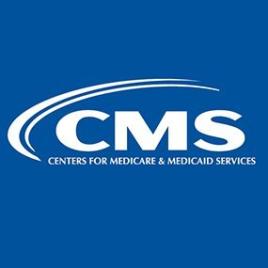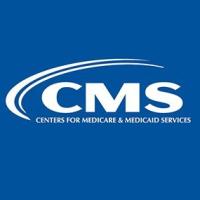Nine States Receive HHS Letters Seeking Better Medicaid/CHIP Reenrollments

Once could say that this is similar to Santa’s infamous “naughty list.” The Department of Health and Human Services (HHS) has sent letters to nine states with the highest child Medicaid and Child Health Insurance Program (CHIP) disenrollment rates by number and percentage, urging them to adopt additional federal strategies and flexibilities to help prevent children and their families from losing coverage.
HHS' Centers for Medicare and Medicaid Services (CMS) on Tuesday released a new data brief report displaying nationwide data on Medicaid and CHIP renewal numbers, noting that the data shows that individual state policy choices are having consequences for children and families during Medicaid and CHIP renewals. For example, child enrollment grew 20.1% between February 2020 and March 2023; but since March 2023, it has decreased by 5.3%, with enrollment remaining 13.8% higher than February 2020. Adult enrollment grew 44.8% between February 2020 and March 2023; but since March 2023, enrollment has decreased by 5.8%, with enrollment remaining 36.4% higher than February 2020.
While many states that have adopted federal strategies provided by CMS and that have prioritized auto-renewals have assisted more children in renewing in Medicaid and CHIP, other states that have more “bureaucratic barriers” that are limiting the renewal process.
HHS sent letters to the governors of nine states with the highest child disenrollment rates. These states are Arkansas, Florida, Georgia, Idaho, Montana, New Hampshire, Ohio, South Dakota and Texas. In the letters, HHS called on these states to:
- adopt the dozens of federal flexibilities and strategies developed to make renewals easier for children and families;
- remove barriers, like CHIP enrollment fees and premiums, that make it harder for children to transition to CHIP coverage if they are no longer eligible for Medicaid;
- reach additional families by reducing call center wait times and partnering with pediatric providers, managed care plans, schools and community organizations; and
- expand their Medicaid programs, if states have not done so already, to ensure that young adults over the age of 18 have affordable coverage options and do not fall in the coverage gap.
Along with the data report, CMS also released an informational bulletin to remind states about federal eligibility requirements and available flexibilities to promote continuity of coverage of children and youth enrolled in Medicaid and CHIP. CMS "is calling upon all states to redouble their efforts to implement policies and operational processes, conduct enhanced outreach, adopt all available waivers and flexibilities, and monitor data to ensure children who remain eligible for Medicaid and CHIP do not lose coverage,” according to the bulletin.
Join us for our following Thompson Grants events:
2024 Virtual Federal Grants Forum| Feb. 21-22, 2024 | Virtual Event
Thompson Grants Workshop: Indirect Costs| March 14, 2024 | Virtual Event



